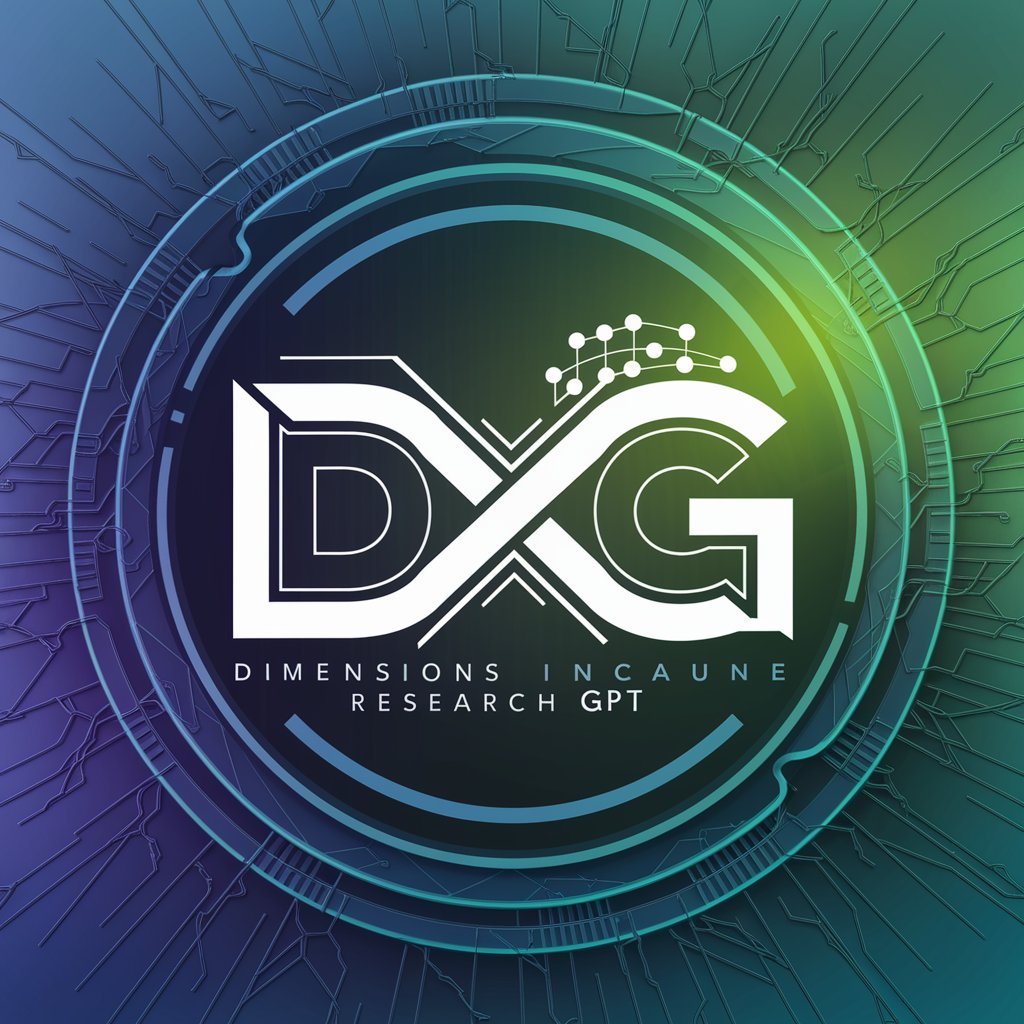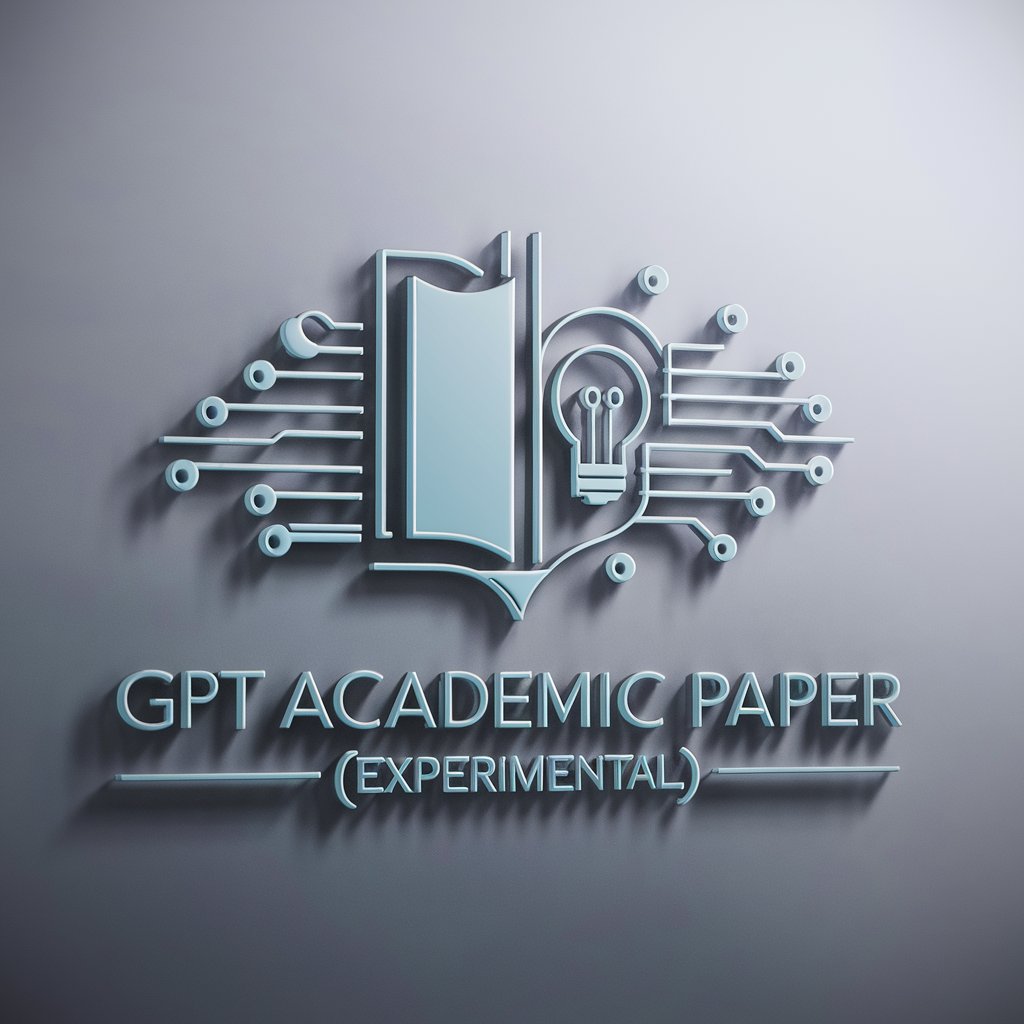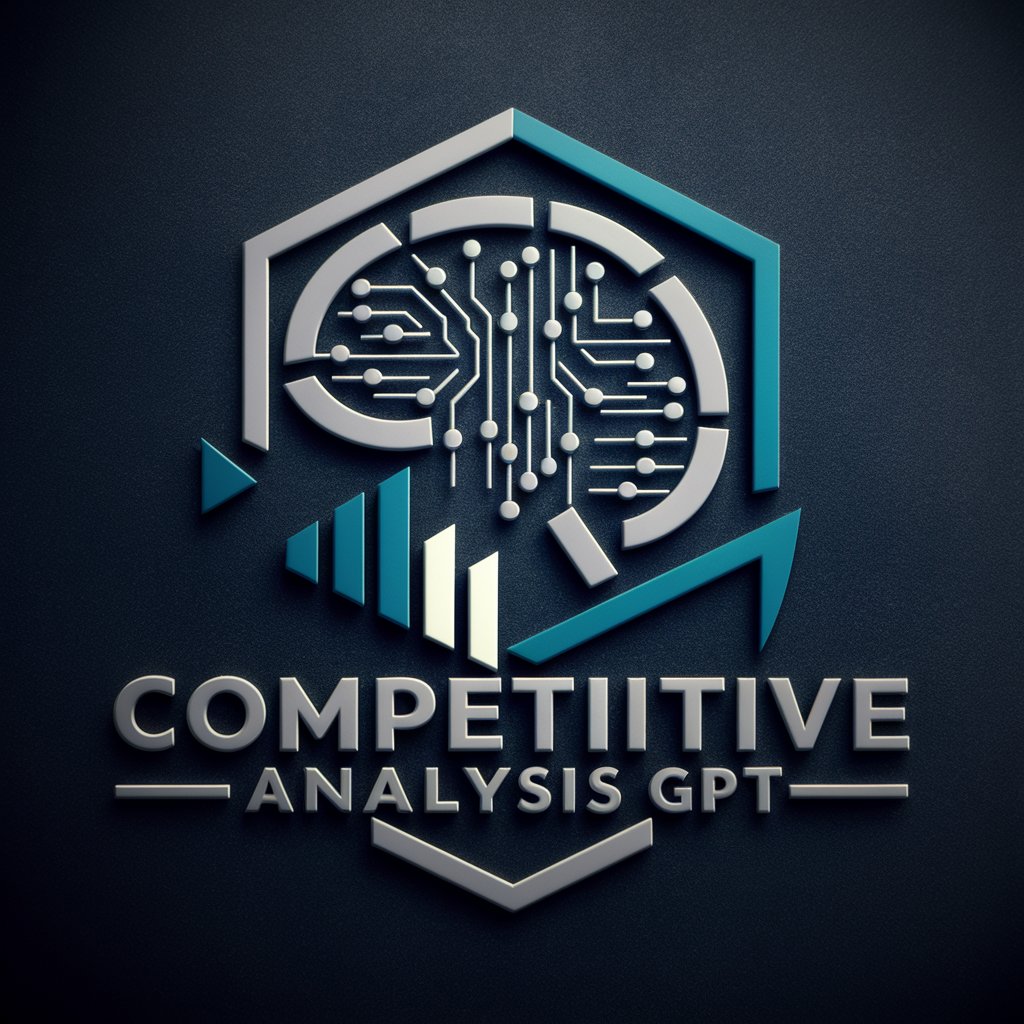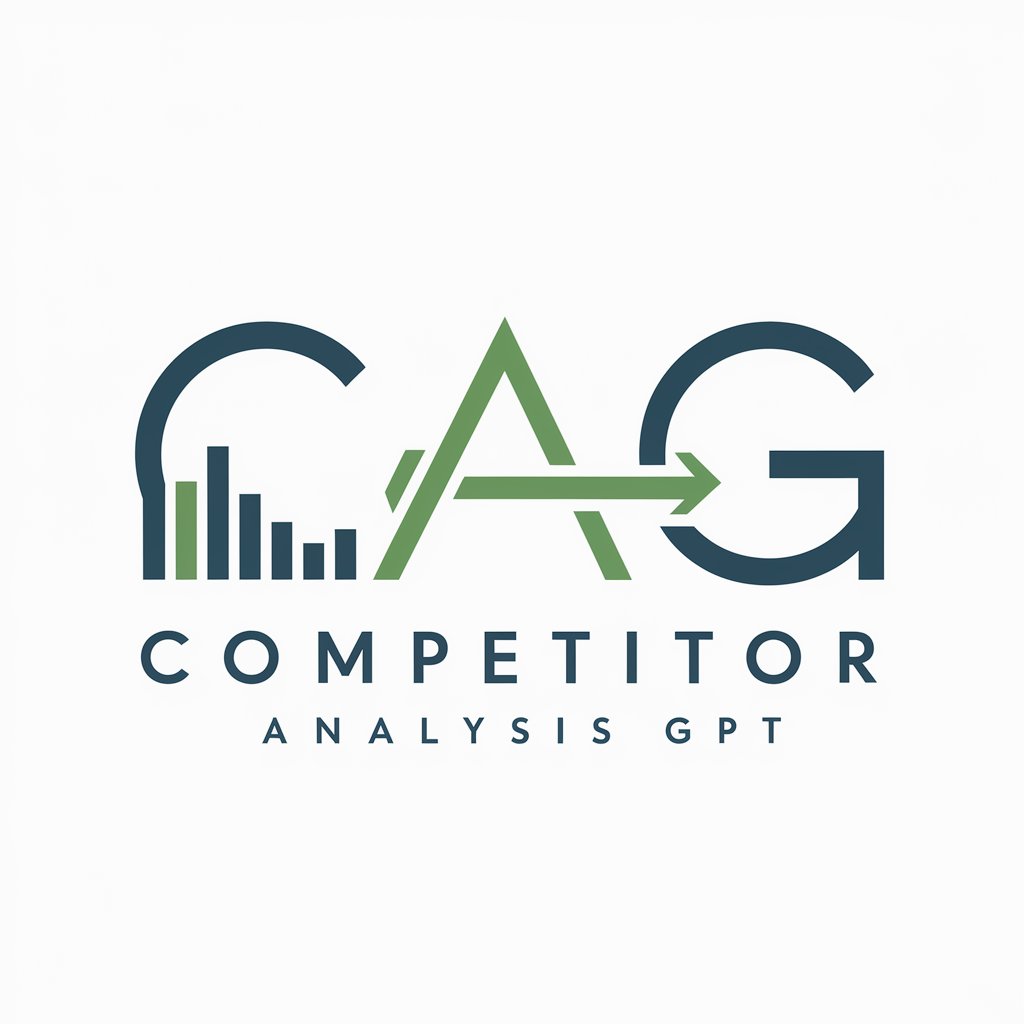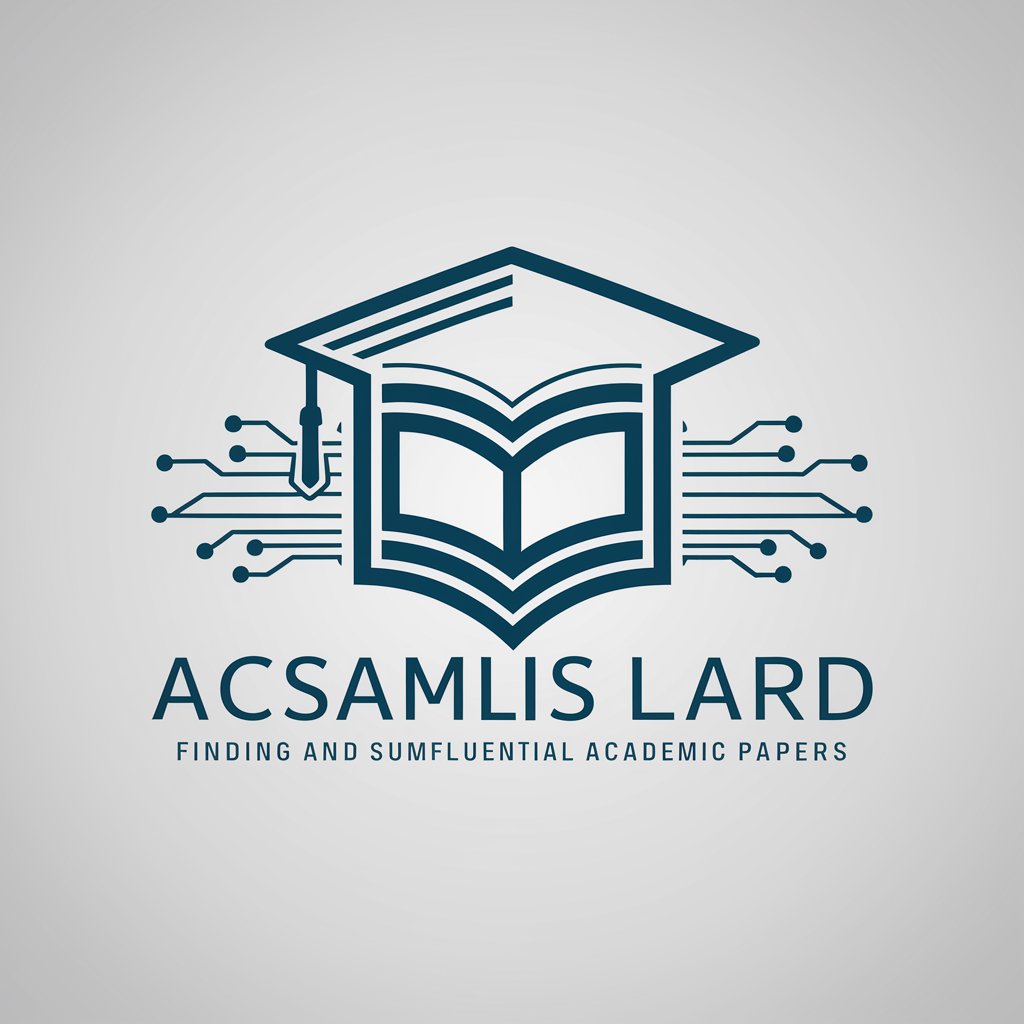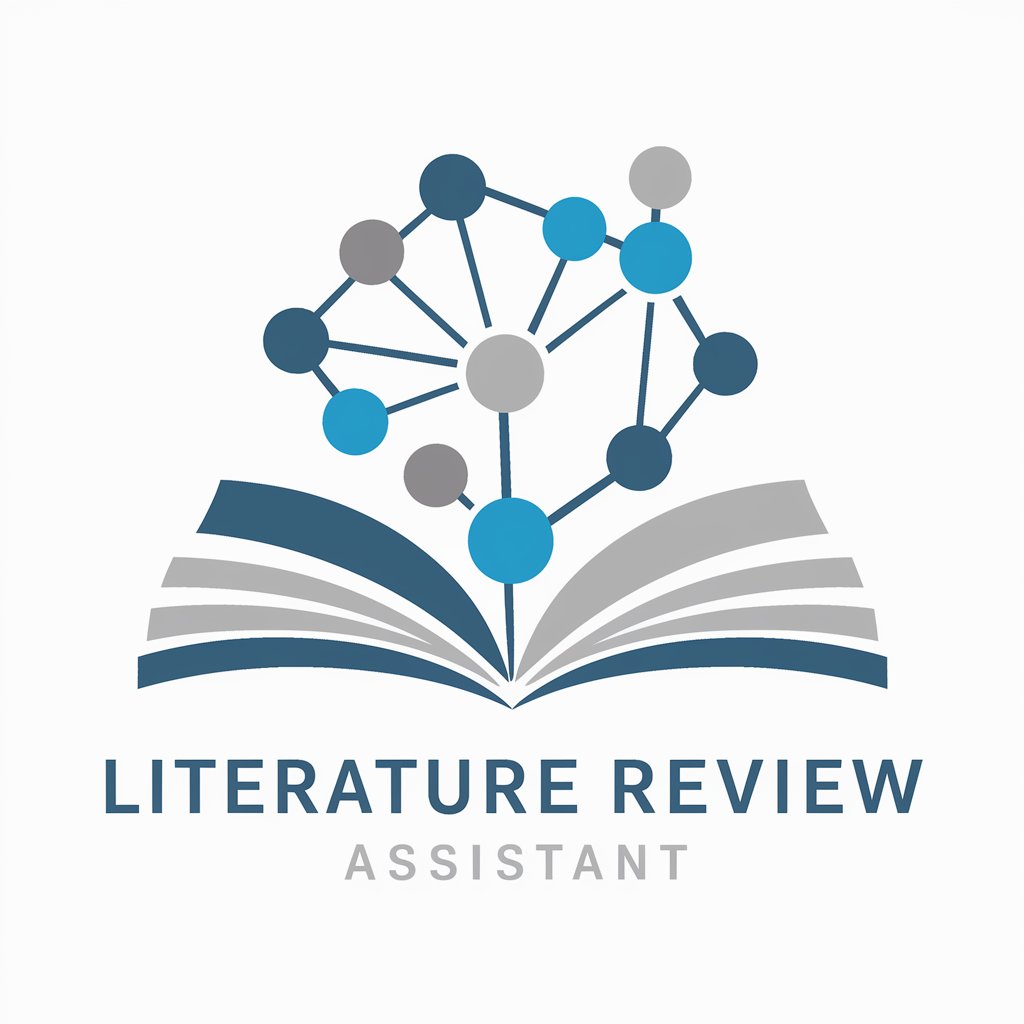
Literature Review GPT - AI-Powered Academic Research Aid
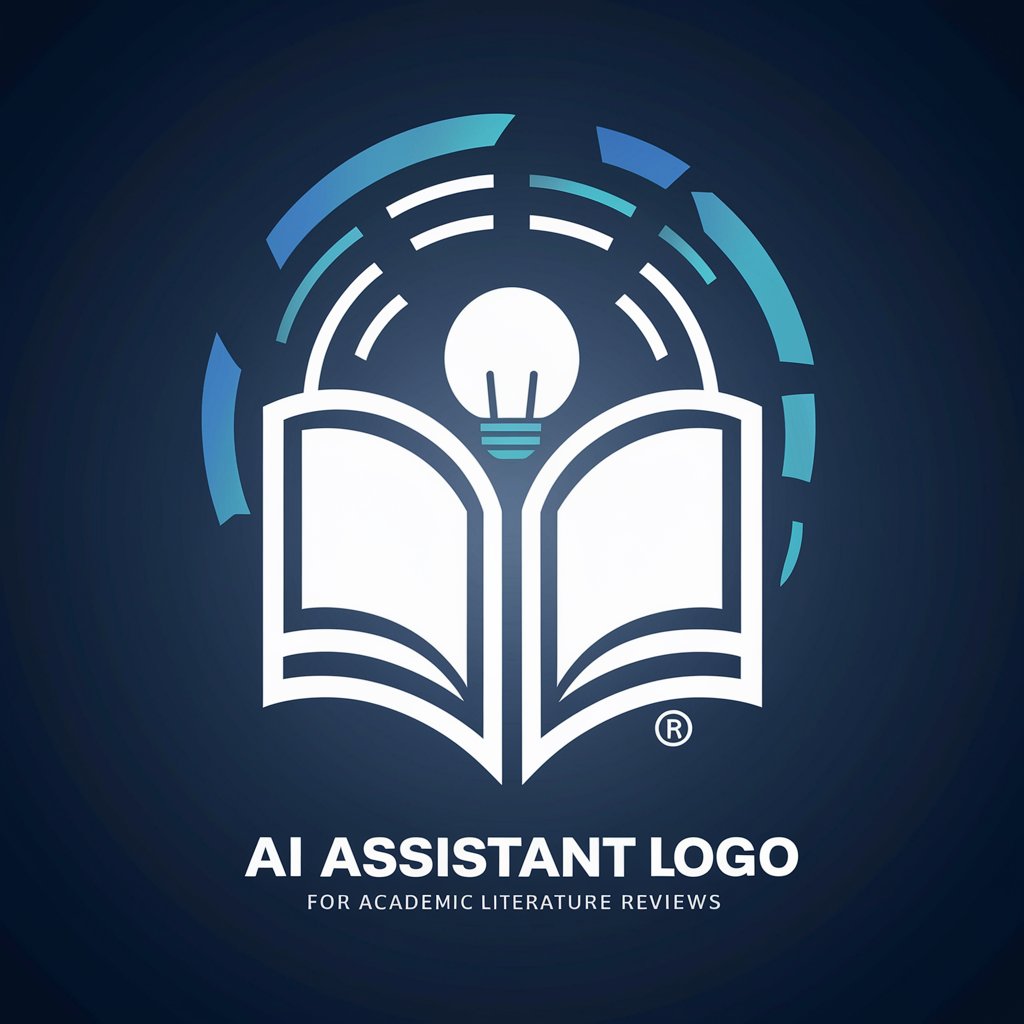
Hello! How can I assist you with your literature review today?
Empowering Scholarly Insights with AI
Could you provide insights on the latest research regarding...
What are the current trends in the field of...
Can you summarize key findings from recent studies on...
How does the literature address the challenges in...
Get Embed Code
Overview of Literature Review GPT
Literature Review GPT is an advanced AI tool designed specifically to assist in crafting comprehensive literature reviews for academic theses and scholarly work. It operates with a unique blend of academic rigor and user-friendly interactivity, ensuring that the reviews are not only well-researched but also approachable and tailored to the user's needs. Key features include web searching for the most updated information, sourcing from high-impact academic journals, and providing in-depth, insightful summaries. A typical scenario might involve a postgraduate student working on a thesis in environmental science. They could use Literature Review GPT to gather the latest research on climate change impacts, with the tool providing summaries and APA-style references from recent, high-ranking journal articles, thus ensuring the student's review is current, comprehensive, and academically robust. Powered by ChatGPT-4o。

Core Functions of Literature Review GPT
Web-Based Research
Example
Updating a literature review on AI in healthcare.
Scenario
A medical researcher is revising a paper on AI applications in diagnosing diseases. Literature Review GPT scours recent publications and databases to provide current, relevant studies, thereby enriching the researcher's paper with the latest findings.
Academic Summarization
Example
Summarizing key theories in behavioral economics.
Scenario
An economics student is writing a thesis on consumer behavior. Literature Review GPT succinctly summarizes key theories and studies from leading economic journals, giving the student a solid theoretical foundation for their thesis.
Citation and Reference Generation
Example
Compiling references for a review on renewable energy.
Scenario
An environmental scientist needs a comprehensive list of references for a review on solar energy advancements. Literature Review GPT not only identifies relevant articles but also formats citations in APA style, streamlining the scientist's writing process.
Target User Groups for Literature Review GPT
Academic Researchers
These users, including postgraduate students, university faculty, and independent scholars, benefit from Literature Review GPT's ability to provide detailed, up-to-date summaries of academic literature in their specific field of study. The tool's emphasis on high-impact journals and its capacity to handle complex topics makes it an invaluable asset for deep and thorough academic research.
Professional Writers and Analysts
Writers and analysts in fields like market research, policy analysis, and scientific journalism can utilize Literature Review GPT to quickly gather and synthesize information from a wide range of academic sources. This aids in producing well-informed, credible content that is grounded in current scholarly discourse.

Guide to Utilizing Literature Review GPT
Begin Your Journey
Visit yeschat.ai for a free trial, no login or ChatGPT Plus subscription required.
Define Your Topic
Clearly articulate your research topic or question to ensure tailored, relevant responses.
Engage in Dialogue
Interactively communicate with the GPT, providing specifics of your academic field and literature review needs.
Review and Refine
Analyze the provided literature summaries and references, and request further elaboration or clarification as needed.
Incorporate and Cite
Integrate the insights and references into your academic work, using the provided APA-style citations for scholarly integrity.
Try other advanced and practical GPTs
Cyber Test & CareerPrep
Empower Your Cyber Career with AI-Powered Prep

Aussie Law Guide
Empowering self-representation with AI
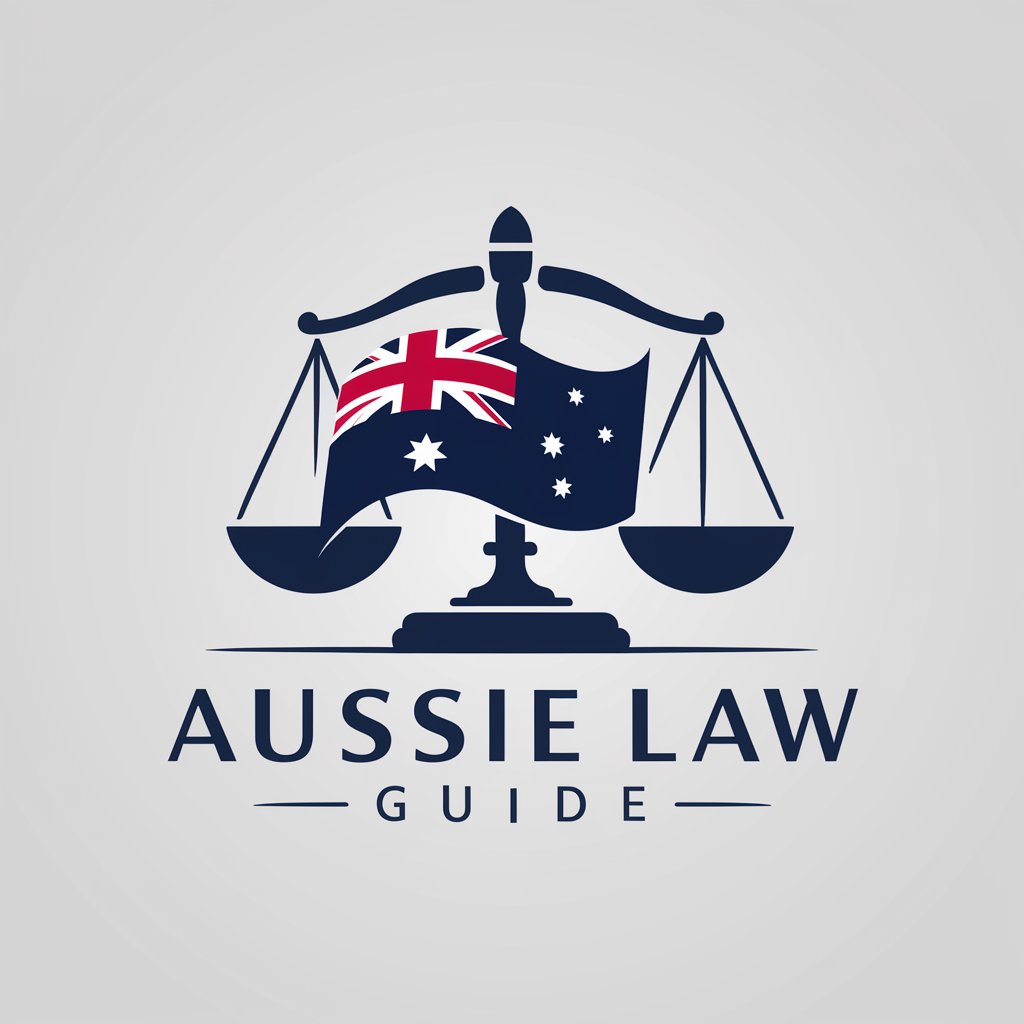
Chef's Assistant
Unleash your kitchen creativity with AI

The Rizz Game
Your AI-Powered Dating Scenario Partner

AI 博主 Vito
Empowering Creativity and Efficiency with AI
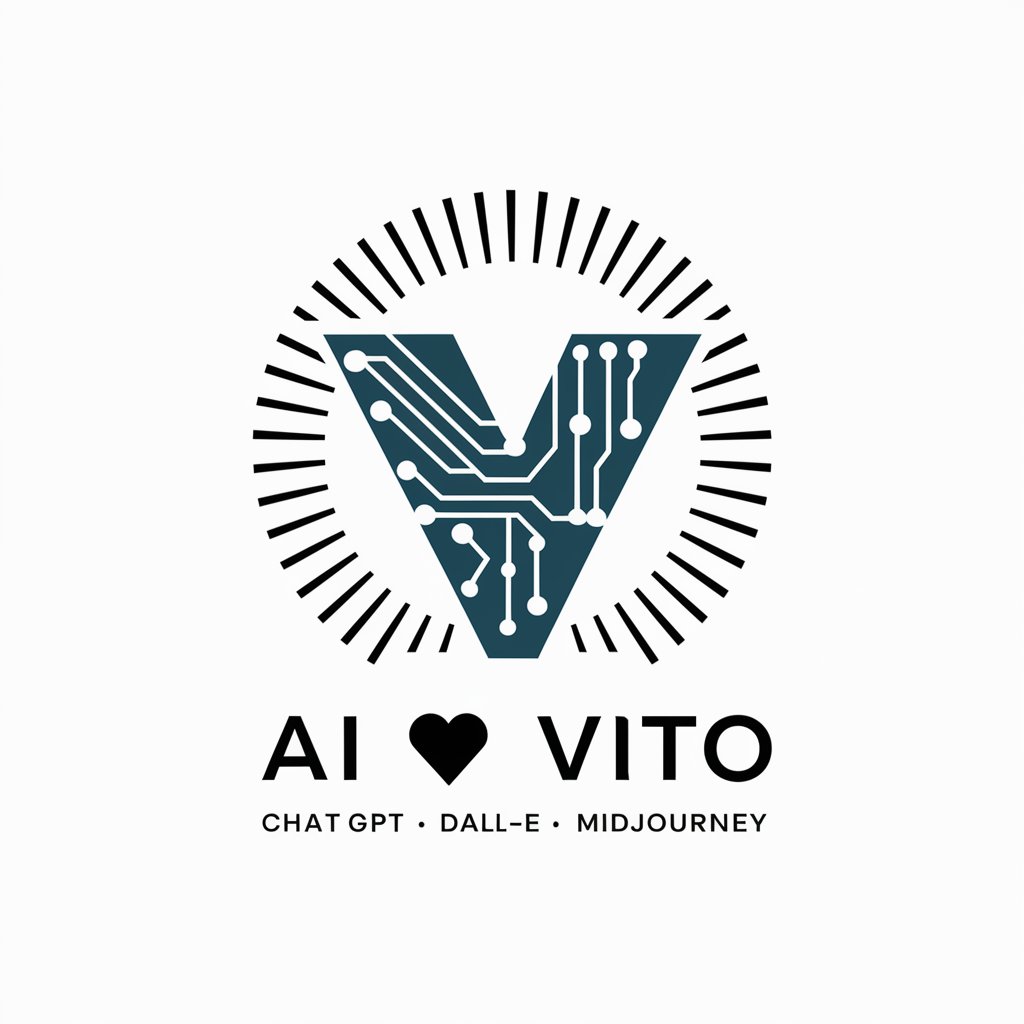
GPT Builder Expert
Tailor-made AI for every need.
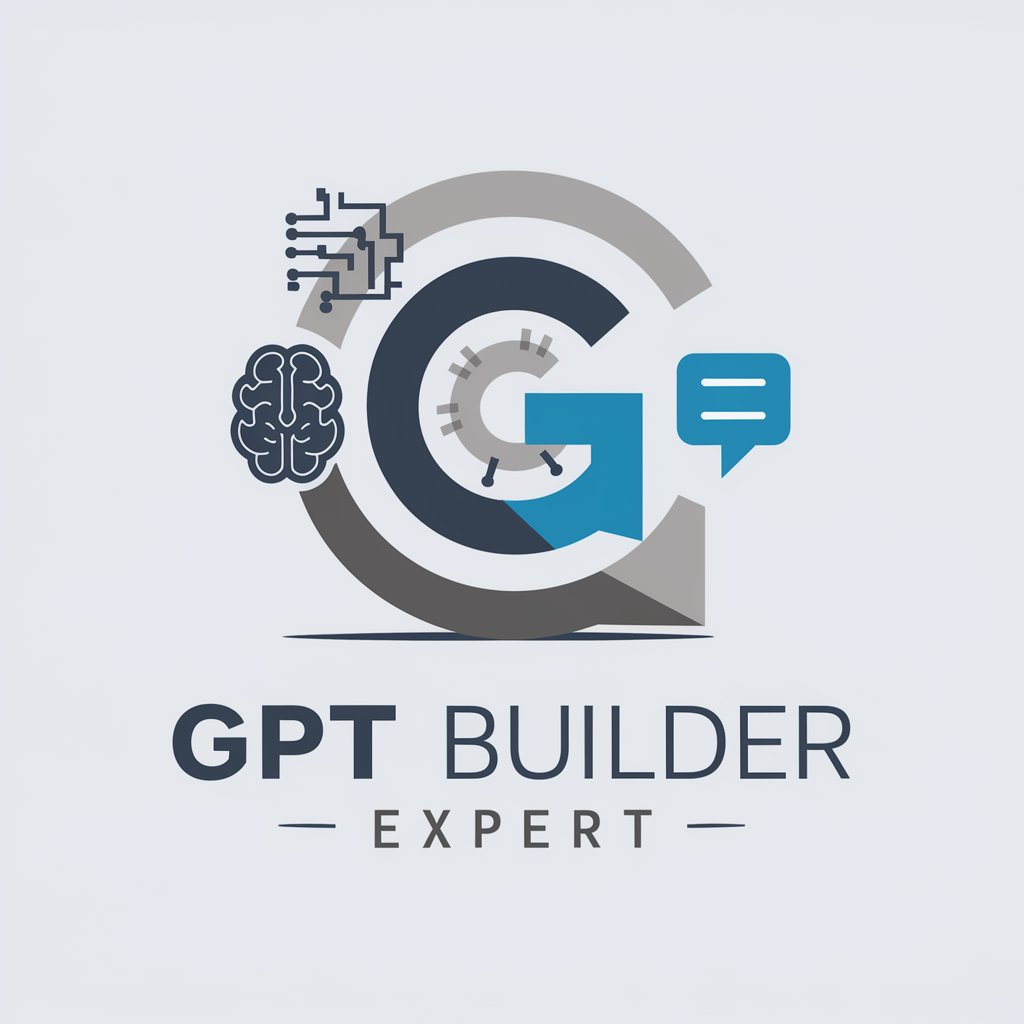
1ACulma - Management Coach
Navigate Global Business with AI-Powered Cultural Insights

Auto Expert Guide
Empowering Your Vehicle's Upkeep with AI

AppDetails Deployment Assistant
AI-Powered Software Deployment Simplified

Ley de Amnistía
Demystifying Legal Pardons with AI
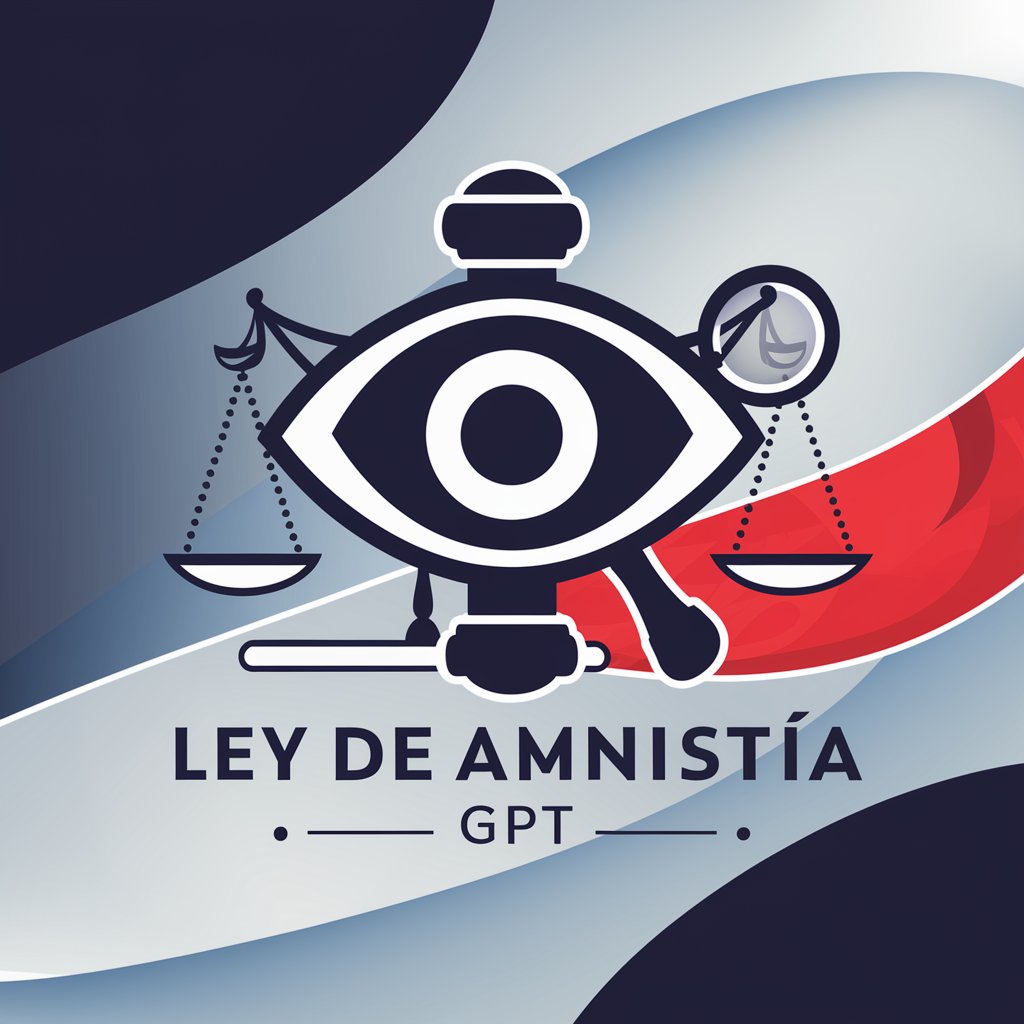
Senior Javascript Developper
Elevate Your Code with AI-Powered JavaScript Expertise

Financial Sentiment Analyst
AI-Powered Management Quality Insights

Common Questions about Literature Review GPT
What types of sources does Literature Review GPT utilize?
It accesses high-impact academic databases like typset.io, Google Scholar, and Web of Science, focusing on Q1-Q3 journal articles.
Can it help in fields other than literature?
Absolutely, it's designed to assist in a wide range of academic fields by tailoring content to your specified area.
How does this tool ensure academic rigor?
By embedding 20-30 academic references per text segment directly into the narrative, ensuring depth and scholarly rigor.
Is the content provided by the GPT plagiarism-free?
Yes, all content is original and ethically produced, adhering to academic standards.
Can Literature Review GPT assist in structuring my review?
Certainly, it suggests structured subsections and organizes content for a coherent and impactful literature review.
